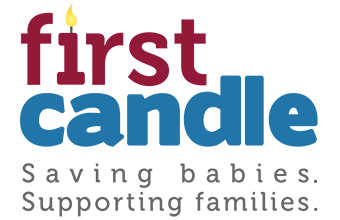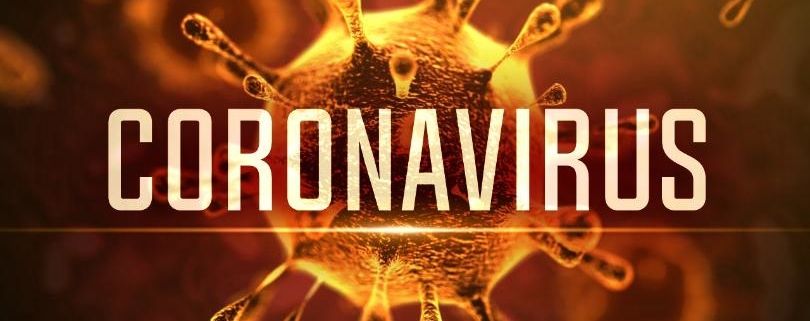What Parents Need to Know About the Coronavirus
Needless to say, everyone is nervous about the Coronavirus but there is always a great deal of misinformation that can spread. We asked First Candle’s Board of Director Dr. John Cianella, Director of the Division of Neonatology at Stamford Health to provide us with the facts to share with our community:
Human Coronaviruses are a family of viruses that cause a mild to moderate respiratory illness like the common cold. These viruses are very common and most people will be infected at some point in their lives.
The CDC has responded to an outbreak of a new (Novel) Coronavirus (2019-nCoV) that was first detected in China and has now been detected in other nations, including the United States.
This Novel Coronavirus has been named SARS-CoV-2 and the disease it causes is called Coronavirus Disease 2019 (Abbreviated COVID-19)
Novel Coronavirus is spread mainly person to person. Between people in close contact with each other (within 6 feet) and through respiratory droplets produced when an infected person coughs or sneezes. It may be possible to spread from contact with infected surfaces or objects but this is not considered to the main way the virus spreads.
Symptoms of COVID-19 have ranged between mild and severe. Symptoms may appear 2-14 days after exposure. Symptoms are similar to the flu with fever, cough and shortness of breath being the most common symptoms. Body aches, tiredness, sore throat, headache, diarrhea and pneumonia have been reported.
Currently and for unknown reasons there have been no pediatric cases of the virus. However, this could change as we learn more about the virus.
Currently there is no vaccine to prevent 2019-nCoV infection. The best way to prevent infection is to avoid being exposed to the virus.
Here are some ways you can protect you and your family:
- Avoid close contact with people who are sick.
- Avoid touching your eyes, nose, and mouth.
- Stay home when you are sick.
- Cover your cough or sneeze with a tissue, then throw the tissue in the trash.
- Clean and disinfect frequently touched objects and surfaces using a regular household cleaning spray or wipe.
- Follow CDC’s recommendations for using a facemask.
- CDC does not recommend that people who are well wear a facemask to protect themselves from respiratory diseases, including COVID-19.
- Facemasks should be used by people who show symptoms of COVID-19 to help prevent the spread of the disease to others. The use of facemasks is also crucial for health workers and people who are taking care of someone in close settings (at home or in a health care facility).
- Wash your hands often with soap and water for at least 20 seconds, especially after going to the bathroom; before eating; and after blowing your nose, coughing, or sneezing.
- If soap and water are not readily available, use an alcohol-based hand sanitizer with at least 60% alcohol. Always wash hands with soap and water if hands are visibly dirty.
If you have any symptoms as described above and have recently traveled, first call your doctor.
Stay up to date with the CDC and AAP for any developments as we learn more about the virus.




